When you’re injured due to someone else’s negligence—whether it’s a car wreck on I-26, a slip and fall in a Charleston grocery store, or medical negligence in a local hospital—your medical records become one of the most powerful tools in your personal injury case.
In South Carolina, medical documentation doesn’t just prove that you were hurt—it helps determine how much compensation you may be entitled to, how long your case will take, and whether there will be any delays in processing your personal injury claim.
This guide from an experienced South Carolina personal injury attorney covers the most common questions we get about how medical records impact settlements, and how they intersect with Medicaid, insurance, taxes, and more.
Yes—medical bills are one of the core components of a personal injury settlement. In South Carolina, your settlement may include:
But here’s the catch: your settlement must be backed up by proper medical documentation. If your records are incomplete, delayed, or inconsistent, your compensation could be significantly reduced—or delayed entirely.
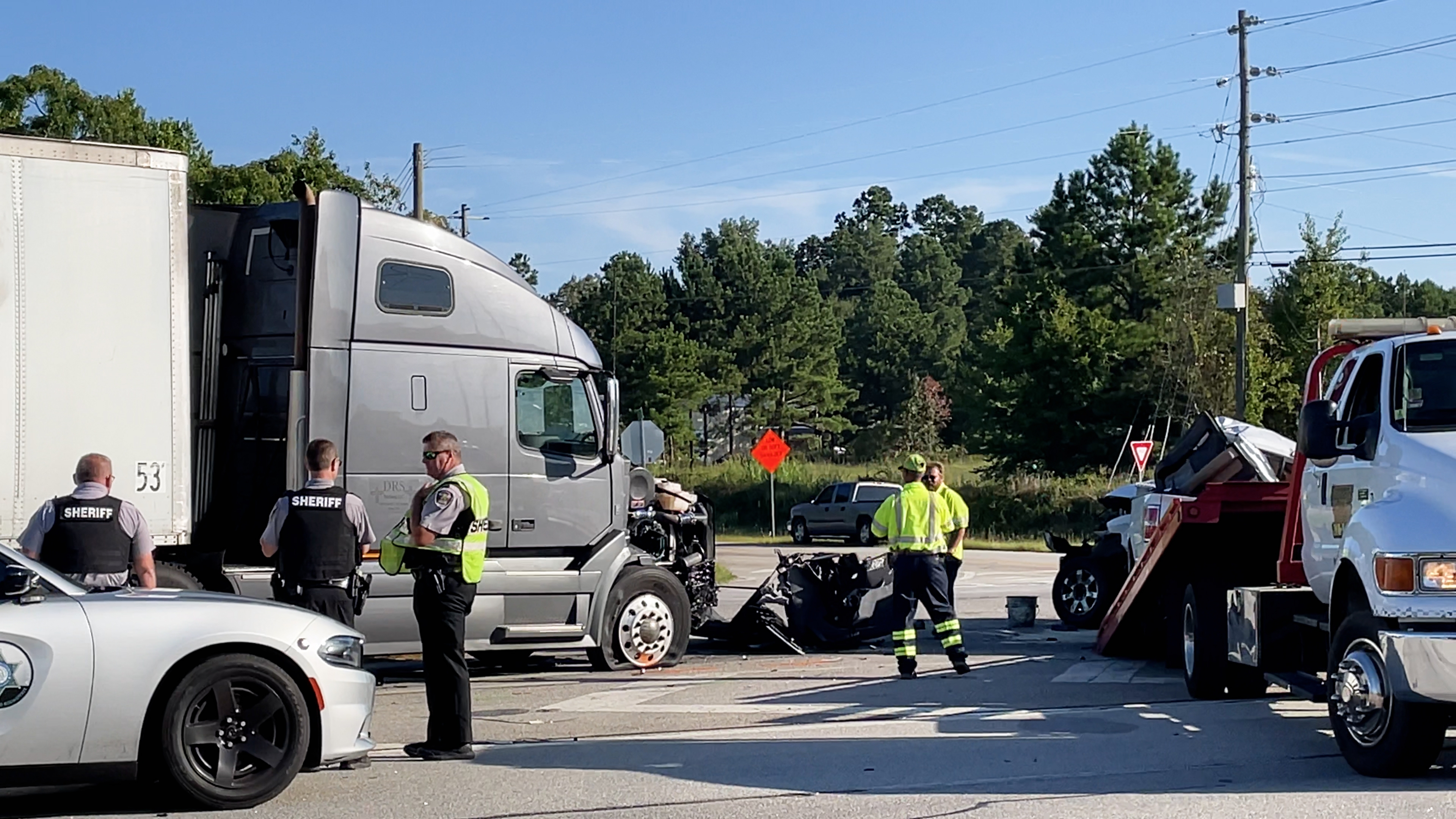
One of the most frustrating things for injured clients in SC is waiting on medical records to be compiled. Here’s how you can speed up the medical reporting process and keep your case moving:
This kind of detailed documentation is also useful in mediation, which is often used in SC to resolve personal injury disputes without going to trial. And yes—mediation is legally binding when a settlement is reached.

Yes, it can. If you receive a personal injury settlement in South Carolina and you’re on Medicaid, it could potentially affect your ongoing eligibility for benefits. That’s because Medicaid is a needs-based program, and a lump-sum payment may push your income or assets above the allowable threshold.
To avoid losing benefits, many personal injury attorneys in SC will help clients create a Medicaid trust or structure the settlement in a way that preserves eligibility.
Related keyword: personal injury settlement and Medicaid eligibility
Yes—but with a twist. Medical malpractice is a type of personal injury case that involves negligence by a healthcare professional. So if a doctor in Mount Pleasant misdiagnoses a serious condition, or a nurse in Columbia administers the wrong medication, that would fall under medical negligence—which is also considered a personal injury case under South Carolina law.
A personal injury medical malpractice attorney will handle these differently than a car accident or slip and fall, often requiring expert testimony and deeper analysis of medical records.
In South Carolina, drivers can choose to carry:
Your personal injury attorney will determine how these coverages impact your settlement and whether you need to reimburse your insurance company once the case resolves.
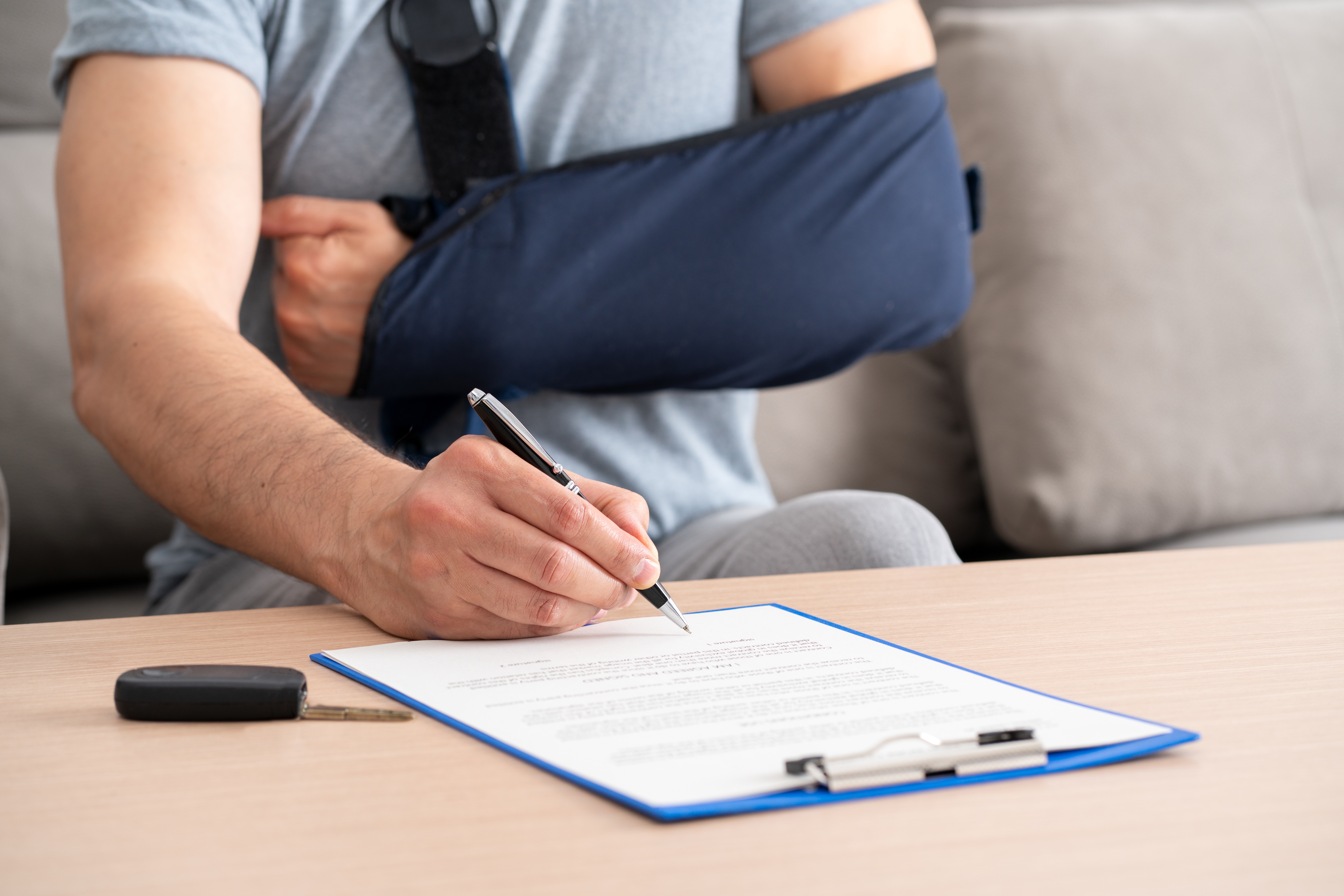
Typically, no—if your personal injury settlement is for physical injuries, it is not taxable under federal law. However, portions related to emotional distress or punitive damages might be taxed.
It’s always wise to consult with both your attorney and a tax professional after a settlement in South Carolina.
We get this one a lot—and the answer is: it depends.
Some personal injury cases settle in a few months, while others (especially complex or disputed ones) can take over a year. Factors that impact timing include:
In general, most SC personal injury cases settle within 6 to 12 months, but your attorney will give you a better estimate based on your specific case.
Related keywords:
Creating a medical chronology—a detailed, organized timeline of your treatment—can make a big difference in how fast and how fairly your case is resolved. It helps insurance adjusters and juries understand your injury journey and strengthens your position in negotiation or trial.
If you’ve been injured in South Carolina and have questions about your medical records, Medicaid, or how to maximize your personal injury settlement, contact Mastantuno Law Firm today. We’ve helped hundreds of South Carolinians protect their rights and secure the compensation they deserve.

If you’ve been charged with Driving Under the Influence (DUI) in South Carolina, the stakes are high. A DUI conviction can mean license suspension, fines, jail time, skyrocketing insurance, and a criminal record. But not all DUI charges lead to convictions—and there are real strategies that can help you beat a DUI in South Carolina.
This guide explains, step by step, what to do after an arrest, what legal defenses exist, and answers to the most common DUI questions in South Carolina—without fluff or scare tactics.
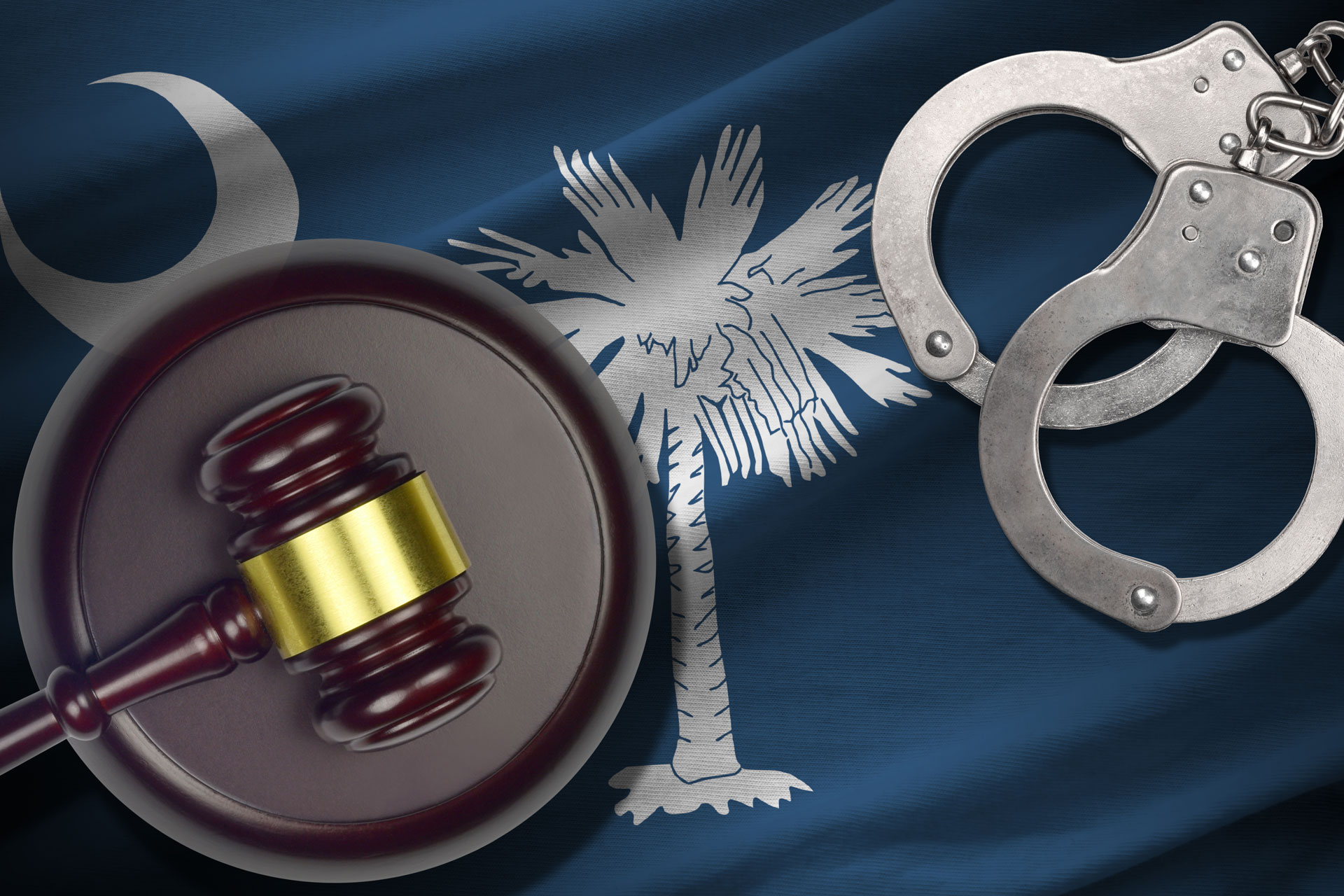
If your license was suspended (for refusing or failing a breath test), you have 30 days to request a DMV hearing. This is separate from your criminal case and gives you a chance to fight the suspension.
Don’t wait. A lawyer can review dashcam footage, breath test procedures, and officer conduct. DUI cases are highly technical, and small mistakes by law enforcement can lead to dismissal.
South Carolina law requires that DUI arrests be recorded on video. If the officer fails to follow the exact procedures, your case could be dismissed.
If police didn’t have probable cause to stop you, the evidence against you could be thrown out. This is often the first angle a DUI attorney investigates.
Both types of tests can be challenged based on how they were administered, medical conditions, or faulty equipment.
Some cases may be eligible for Pre-Trial Intervention (PTI), “dead docketing,” or dismissal. Others may need to go to trial—especially if evidence is weak or improperly gathered.
Yes. A first-offense DUI conviction results in a 6-month license suspension, longer if you refused the breath test. You may qualify for an ignition interlock license.
Yes, in 2024 South Carolina changed their laws and you must install an IID to regain driving privileges.

Yes. You can be charged with DUI on a horse, as South Carolina law applies to vehicles or conveyances, and horses have historically been included.
Yes. As of 2018, mopeds are considered motor vehicles under SC law, so you can get a DUI on a moped.
Technically, no. South Carolina does not classify bicycles as motor vehicles, so you can’t be charged with DUI on a bike—but you may face public intoxication or other charges.
Yes. Operating any watercraft under the influence can result in a BUI (Boating Under the Influence) charge, which carries similar penalties.
Yes. DUI cases get dismissed for reasons like:
No. A conviction for DUI in SC cannot be expunged from your record. That’s why beating the charge—or getting it reduced or dismissed—is so important.
Yes. Prosecutors can still use:
But lack of a breath test often weakens the case, which may improve your defense options.

Possibly. While a DUI conviction doesn’t automatically disqualify you, it may affect employment depending on the district and whether it’s a misdemeanor or felony. Reporting requirements vary.
Yes. “Dead docketing” removes a case from the active trial docket. It’s not a conviction or dismissal—but the case is effectively paused indefinitely. It may happen when evidence is weak or the prosecution chooses not to proceed.
A DUI could:
If you’re in college, talk to a lawyer ASAP—there may be additional school-specific consequences.
Yes. If your DUI involved a crash, expect:
Beating a DUI is never easy, but with the right strategy—and the right legal team—you may be able to dismiss, reduce, or minimize the damage. At Mastantuno Law Firm, we fight DUI charges across Charleston, Mount Pleasant, and throughout South Carolina.

Being arrested for Driving Under the Influence (DUI) in South Carolina is serious—and the consequences can affect your job, your driver’s license, and even your freedom. But a charge is not a conviction. There are legal defenses available, and with the right strategy, it’s possible to reduce or even dismiss a DUI charge.
At Mastantuno Law Firm, we defend clients across South Carolina who are facing DUI charges—and we know how to spot the weaknesses in the state’s case.
After a DUI arrest in SC, several things happen quickly:
You only have 30 days to request a hearing to challenge your license suspension, so time is critical.
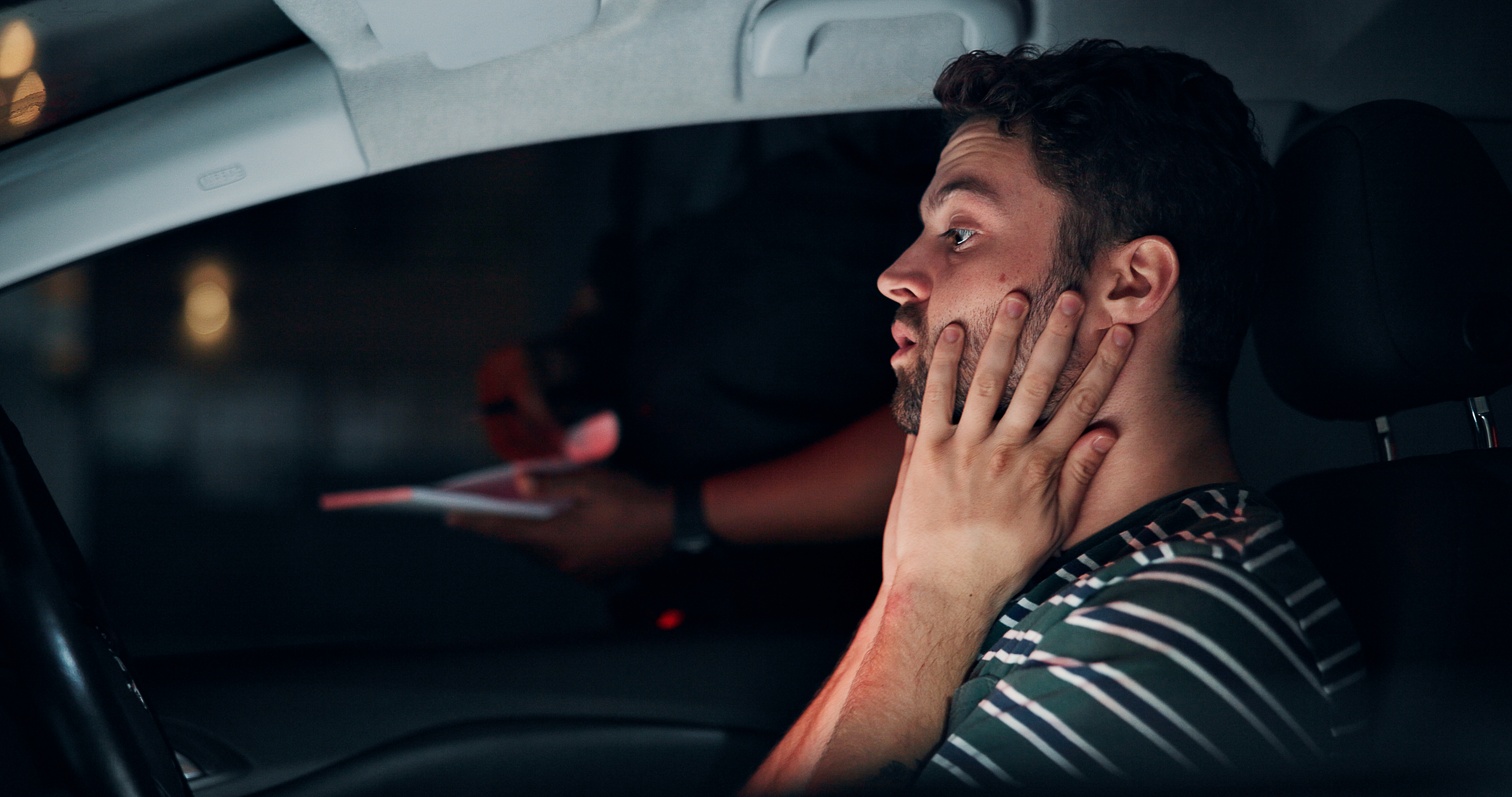
Here are some of the most common and effective defenses a South Carolina DUI attorney may use:
Police must have reasonable suspicion to pull you over. If the stop itself was unlawful, any evidence gathered—including a breath test—can be thrown out.
Officers must follow strict procedures when conducting field sobriety tests. If the tests were administered improperly or under poor conditions (like uneven ground or poor lighting), their results may be unreliable.
South Carolina law requires that the breathalyzer machine be properly calibrated and maintained. Your attorney can request maintenance logs to look for technical issues that could invalidate the results.
Certain medical conditions (like GERD or diabetes) and some prescription medications can lead to false positives on breath or blood tests. This is especially true for portable breath tests used roadside.
South Carolina law requires that DUI arrests be video recorded, starting from the traffic stop through field sobriety tests and breath testing at the station. If video is missing, obstructed, or improperly handled, your case could be dismissed.
Even if there’s a stop, an officer still needs probable cause to arrest you for DUI. If your behavior or test results don’t meet that standard, the arrest may be challenged.
Alcohol takes time to absorb into the bloodstream. If your BAC rose after you were stopped but before you were tested, your BAC at the time of driving may have been under the legal limit.

DUI penalties in SC depend on the number of prior offenses and your blood alcohol content (BAC):
A conviction stays on your record forever—there’s no expungement for DUI in South Carolina.
Trying to fight a DUI charge on your own is extremely risky. An experienced South Carolina DUI attorney can:
At Mastantuno Law, we understand the high stakes. Our legal team has successfully defended clients facing DUI charges across Charleston, Mount Pleasant, North Charleston, and surrounding areas.
If you’ve been arrested for DUI in South Carolina, contact Mastantuno Law Firm immediately. The sooner you act, the more options we’ll have to fight the charge and protect your license, your reputation, and your future.
Reach out today for a free, confidential consultation. We’re here to defend you—every step of the way.

Few things are more frustrating than getting injured due to someone else’s negligence—only to have your insurance claim denied. Unfortunately, this happens far too often in South Carolina. If you were hurt in a car accident, slip and fall, or another incident, a denied claim doesn’t mean your case is over. You still have options—and Mastantuno Law Firm is here to help you understand them.
Insurance companies are for-profit businesses, and they often look for reasons to minimize or reject claims. In South Carolina, common reasons for claim denial include:
Sometimes, the denial may even be in bad faith—which is when the insurer fails to uphold its duty to act reasonably and fairly under South Carolina law.
South Carolina insurers are required to provide a written explanation when they deny a claim. Look for:
This document is your starting point for crafting a response.
Start building a stronger case by collecting:
This documentation can help counter the reasons listed in the denial.

Do not navigate a denial on your own. South Carolina law is complex, and an experienced attorney can:
At Mastantuno Law, we’ve helped countless South Carolina residents turn denied claims into fair compensation.

If the denial was due to a misunderstanding or missing documents, your attorney can help you file an internal appeal. This may include:
If appeals are unsuccessful, the next step may be filing a personal injury lawsuit in a South Carolina court. A lawsuit might:
In South Carolina, personal injury claims typically have a three-year statute of limitations from the date of injury—so don’t wait.
Under South Carolina law, insurers must handle claims promptly and fairly. A denial might constitute bad faith if:
If your claim was denied in bad faith, you may be entitled to punitive damages in addition to the value of your original claim.
At Mastantuno Law Firm, we specialize in helping South Carolina clients stand up to insurance companies that refuse to do the right thing. We’ll investigate your case, negotiate aggressively, and fight for the full compensation you deserve.
If your claim was wrongfully denied or you simply need guidance, we are here to help.

Call us today or request a free consultation. Don’t let an insurance company’s denial be the final word.
Suffering an injury due to someone else’s negligence can be overwhelming. Between medical treatments, lost wages, and dealing with insurance companies, it’s easy to make mistakes that could hurt your personal injury claim. Unfortunately, these errors can lead to reduced compensation or even a denied claim.
At Mastantuno Law Firm, we help injury victims in Charleston, SC, avoid costly missteps and fight for maximum compensation. If you’ve been injured, here are some of the most common mistakes to avoid when pursuing a personal injury claim.
One of the biggest mistakes injury victims make is delaying medical treatment. Even if your injuries seem minor at first, it’s crucial to see a doctor as soon as possible.
Why It’s a Problem:
What to Do Instead:
Strong evidence is the foundation of a successful personal injury claim. If you don’t document the accident scene properly, you may struggle to prove liability and damages.
Why It’s a Problem:
What to Do Instead:
After an accident, the at-fault party’s insurance company may contact you for a recorded statement. While this may seem like a routine request, it’s often a tactic used to minimize your claim.
Why It’s a Problem:
What to Do Instead:
Insurance companies often offer quick settlements, hoping that injury victims will accept without understanding the full value of their claim.
Why It’s a Problem:
What to Do Instead:
Many people don’t realize that insurance companies monitor social media to look for evidence that can discredit injury claims.
Why It’s a Problem:
What to Do Instead:
If you fail to follow medical recommendations, the insurance company may argue that your injuries aren’t as severe as you claim.
Why It’s a Problem:
What to Do Instead:
Many personal injury victims believe they can negotiate a fair settlement on their own. However, insurance companies have teams of lawyers whose job is to minimize payouts.
Why It’s a Problem:
What to Do Instead:
Avoiding these common mistakes can make a huge difference in the outcome of your personal injury claim. At Mastantuno Law Firm, we have years of experience helping injury victims in Charleston, SC, recover the maximum compensation they deserve.
If you’ve been injured in an auto accident, slip and fall, or workplace injury, don’t risk your claim by making costly mistakes.
A first time DUI charge in South Carolina can be an overwhelming experience. The law is strict when it comes to driving under the influence, and the consequences of a conviction can affect your driving privileges, career, finances, and reputation.
At Mastantuno Law Firm, we have extensive experience defending DUI cases in Charleston, SC, and throughout South Carolina. If you’ve been arrested for DUI, understanding what to expect can help you prepare for the legal process and protect your future.
When you are arrested for DUI in South Carolina, you will go through several steps, including:
What You Should Do:
If you are facing a first-time DUI charge in South Carolina, you will go through the criminal court process, which includes:
Your DUI attorney will analyze the prosecution’s evidence, including:
If there were errors in the arrest process, your lawyer may file a motion to dismiss certain evidence.
Even for a first offense, a DUI conviction can result in severe penalties, including:
Additional consequences include:
A DUI conviction in South Carolina can have lasting consequences beyond the courtroom:
A first-time DUI charge does not automatically mean a conviction. At Mastantuno Law Firm, we use proven defense strategies to fight DUI cases, including:
A DUI charge in South Carolina is serious. An experienced Charleston DUI lawyer can help you navigate the legal system and fight for a favorable outcome.
At Mastantuno Law Firm, we:
If you’ve been charged with a first-time DUI in South Carolina, don’t wait to seek legal help. The sooner you hire an attorney, the better your chances of minimizing penalties or getting the charges reduced.
A DUI conviction is not just a legal matter—it can have huge consequences that affect nearly every aspect of your life. From employment opportunities and professional licensing to your ability to drive and travel internationally, the repercussions of a DUI in South Carolina can last for years.
If you have been charged with Driving Under the Influence (DUI) in South Carolina, you need to understand the potential risks and take immediate action to protect your future.

Many employment contracts include morality clauses or require employees to disclose criminal charges or convictions. If your employer has strict policies regarding criminal records, a DUI conviction could result in immediate termination.
If your job requires driving, such as commercial trucking, delivery services, sales, or rideshare driving, a DUI can make it impossible to continue working in that role if your license is suspended. Even if you are not required to drive for work, employers may view a DUI as a sign of irresponsibility or poor decision-making.
A DUI conviction in South Carolina can lead to jail time, especially for repeat offenders or cases involving injury or death. Even a first-time DUI can result in several days behind bars, while a felony DUI can mean years in prison.
Beyond the immediate loss of freedom, incarceration disrupts family life, employment, and financial stability. If you are the primary provider, your absence can create financial hardship for your loved ones, strain relationships, and even impact child custody arrangements.

Many employers conduct background checks as part of the hiring process. A DUI conviction will show up on your criminal record, making it harder to secure a new job.
Even if a potential employer does not automatically disqualify applicants with a DUI, you may have to explain the conviction during interviews, which can be uncomfortable and potentially impact the hiring decision.
Some industries have zero-tolerance policies regarding criminal records, including:
A DUI conviction could disqualify you from working in these fields entirely or make it much harder to secure employment.
If you hold a professional license (such as a doctor, nurse, lawyer, or financial advisor), a DUI conviction can trigger disciplinary action from your licensing board.
Professions that may be affected by a DUI conviction include:
Many professional licensing boards require disclosure of a criminal conviction and may suspend or revoke your license, depending on the severity of the charge.
A DUI conviction in South Carolina automatically results in a driver’s license suspension. Even a first-time DUI can lead to a six-month license suspension.
For individuals who rely on driving for work, such as truck drivers, delivery drivers, or sales professionals, losing a license can mean LOSING YOUR JOB.
Even if driving is not a direct part of your job, not being able to drive to and from work can make employment difficult. If you live in an area without reliable public transportation, your ability to keep your job may be at risk.
A DUI conviction can drastically increase your car insurance premiums, sometimes doubling or tripling your rates. Some insurance companies may even cancel your coverage altogether.
If your job requires you to drive a company vehicle, your employer’s insurance provider may refuse to cover you, making it impossible to continue working in that position.
A DUI conviction can limit your ability to travel to certain countries.
Some countries refuse entry to individuals with a criminal record, while others require a special waiver or permit before allowing entry. Countries with strict DUI travel restrictions include:
If you travel internationally for work or personal reasons, a DUI conviction can make travel significantly more difficult and, in some cases, impossible.
If you are involved in a child custody dispute, a DUI conviction can be used against you in family court.
The court will consider:
A DUI conviction could negatively impact your custody arrangement, resulting in reduced visitation rights or even loss of custody in extreme cases.
A DUI conviction carries a significant social stigma. Even if you are a first-time offender, friends, colleagues, and family members may judge you harshly or view you differently.
This can impact your professional reputation, personal relationships, and community standing. Employers, clients, and business partners may hesitate to associate with someone who has a criminal record.
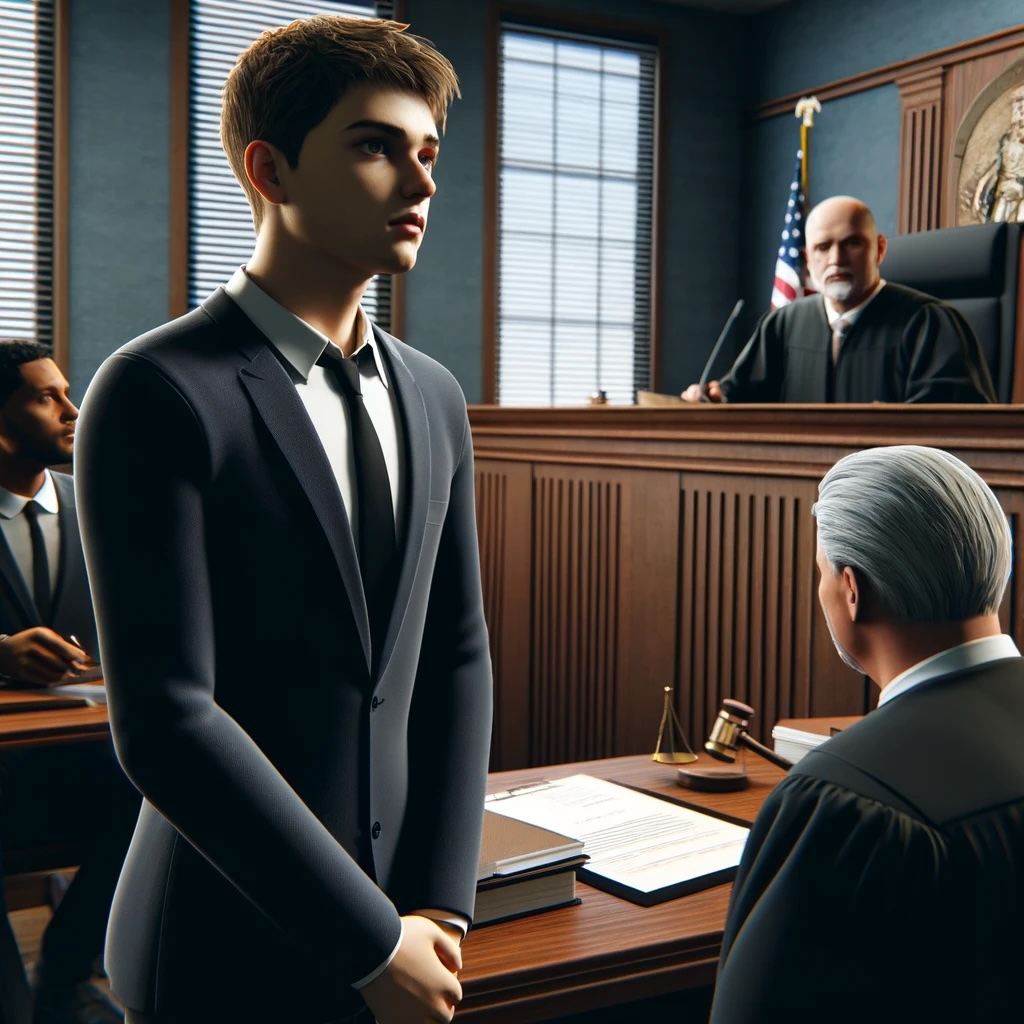
The consequences of a DUI conviction can be long-lasting and life-altering. However, a DUI charge does not have to define your future.
If you are facing a DUI charge in South Carolina, the time to act is now. The sooner you have an experienced DUI defense attorney on your side, the better your chances of avoiding the severe consequences of a conviction.
Call Mastantuno Law Firm today at (843) 720-3741 for a consultation. Let us fight for your rights and protect your future.
Suffering an injury due to someone else’s negligence can be so physically, emotionally, and financially taxing. We are here to help you maximize your compensation after an injury.
If you’ve been involved in a car accident, slip and fall, workplace injury, or any other personal injury case, securing the maximum compensation you are entitled to is essential to cover medical expenses, lost wages, pain and suffering, and other damages.
This is the first and most critical step after an injury. Even if you don’t think your injuries are severe, getting examined by a medical professional is essential for two reasons:
Some injuries, such as concussions or internal injuries, may not be immediately apparent but can worsen over time.
Medical records provide essential evidence for your claim. Delaying medical treatment can be used by the insurance company to argue that your injuries are not serious.
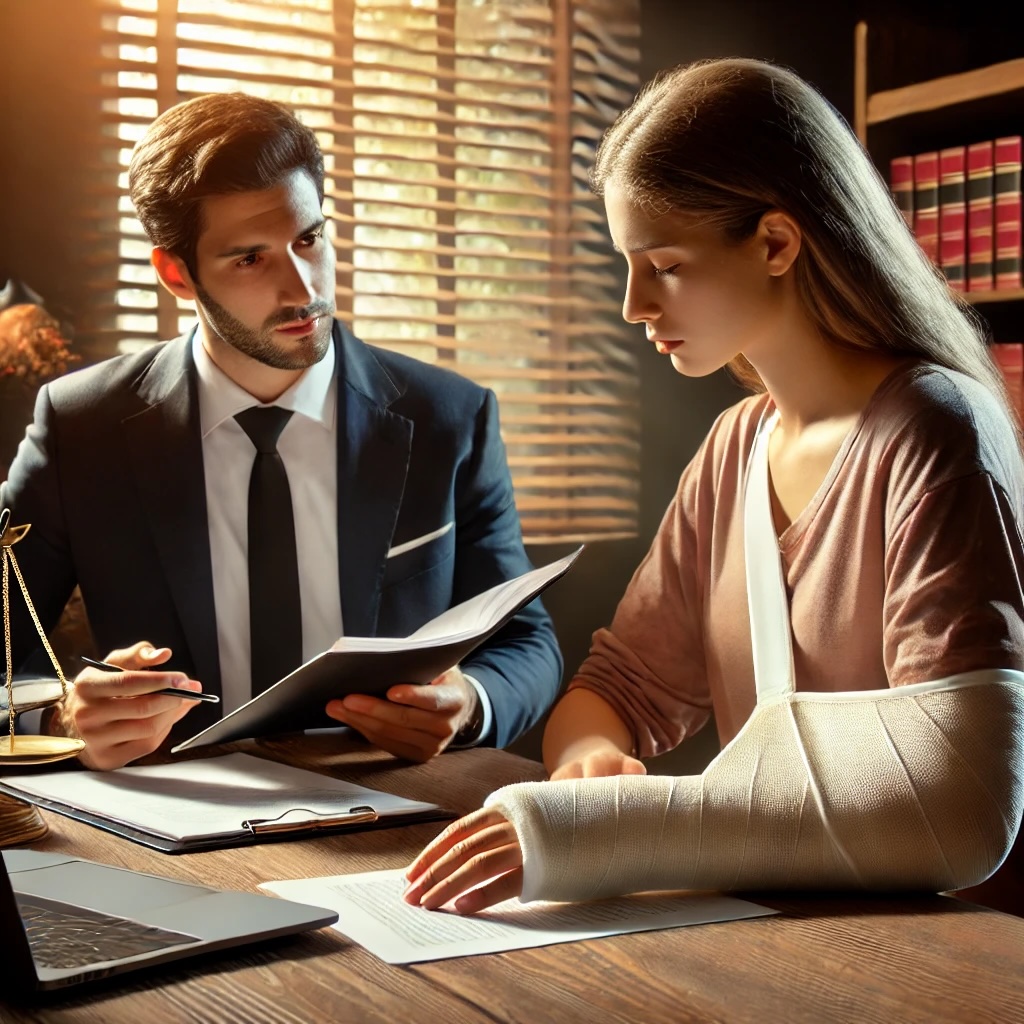
Pro Tip: Follow your doctor’s recommendations closely. If you skip appointments or discontinue treatment prematurely, the insurance company may question the severity of your injuries and reduce your compensation.
Strong evidence is the foundation of any successful personal injury claim. From the moment the accident happens, you should:
One of the biggest mistakes personal injury victims make is failing to account for all medical providers involved in their care. This can delay your settlement and reduce your compensation.
By having a complete list, you avoid missing any medical expenses, ensuring that your full treatment costs are factored into your settlement.

Insurance companies often rush to offer a low settlement in hopes that you’ll accept before realizing the full extent of your injuries.
Why?
🔹 You may not yet know the full cost of your medical treatments.
🔹 Some injuries worsen over time, leading to unexpected medical expenses.
🔹 You deserve compensation for lost wages, pain and suffering, and future medical care.
Your attorney will negotiate aggressively to secure a settlement that reflects the full scope of your damages.
Your compensation isn’t limited to just medical bills and property damage. You are entitled to economic and non-economic damages, including:
An experienced personal injury attorney will ensure that all these factors are considered when negotiating your settlement.
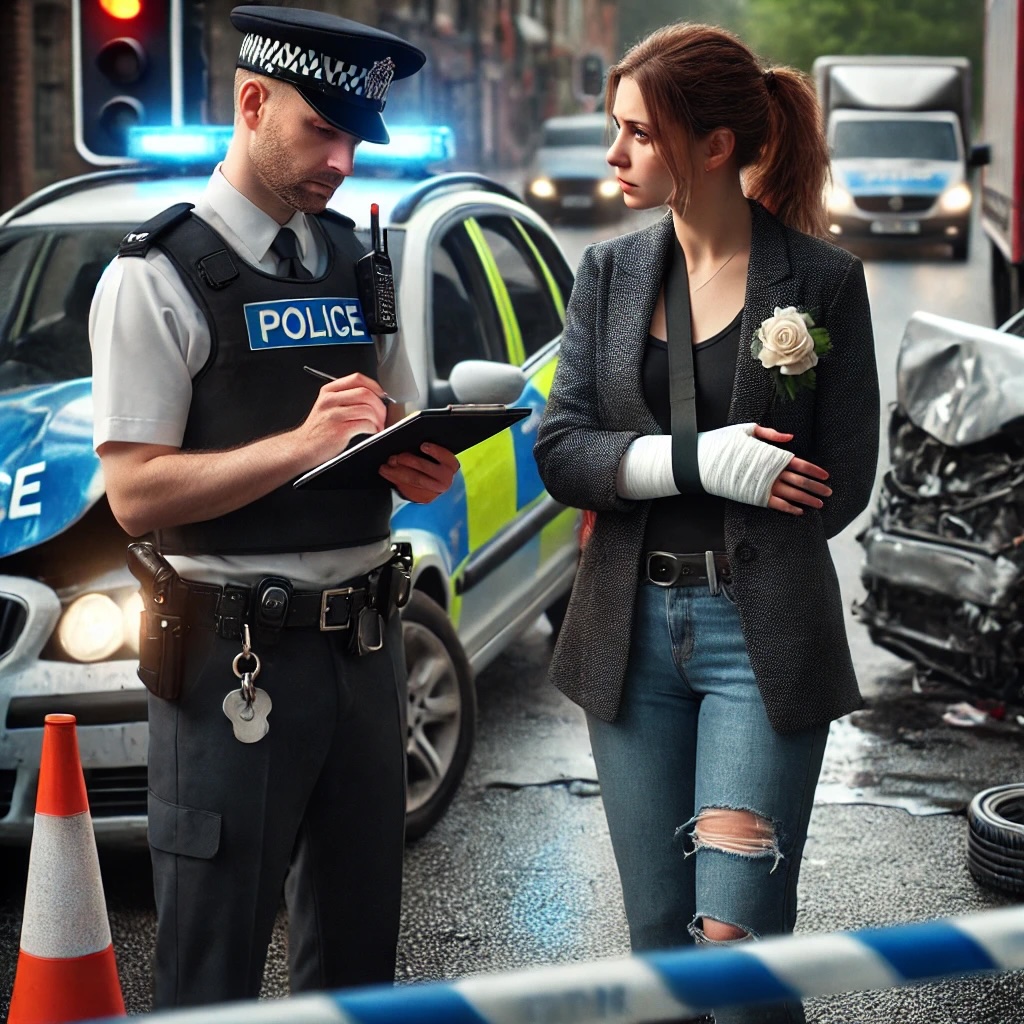
If you are trying to maximize your compensation after an injury, Insurance adjusters are not on your side—they are trained to minimize payouts. Avoid giving recorded statements or discussing your injuries in detail until you have spoken to an attorney.
Your attorney should handle all communications with the insurance company to protect your case.
Your settlement should account for future medical expenses, ongoing treatment, and potential complications. Before accepting any offer, ask yourself:
❓ Will I need physical therapy or additional surgeries?
❓ Will my injury cause long-term pain or disability?
❓ Will I need assistive devices (e.g., wheelchair, braces)?
❓ How will my injury affect my ability to work and earn income in the future?
Your attorney will work with medical experts and financial professionals to calculate the long-term costs of your injury.
Hiring an experienced personal injury attorney dramatically increases your chances of securing maximum compensation. Your lawyer will:
At Mastantuno Law Firm, we have a proven track record of winning personal injury cases. We know the tactics insurance companies use and we fight relentlessly to ensure our clients receive the compensation they deserve.
If you’ve been injured in an accident, don’t leave your settlement to chance. Get the compensation you deserve.
Call us now at (843) 720-3741 for a consultation.
Visit our website to learn more about how we can help.
The Federal case against accused Charleston shooter, Dylann Roof, may have hit a road block this week. A Federal Judge has ruled that the indictment of Roof lacks a key element.
According the The Post and Courier, “U.S. District Judge Richard Gergel ordered prosecutors to file a “bill of particulars,” a detailed explanation of 12 of the 33 charges against Roof in the June 2015 attack that killed nine black worshippers at Emanuel AME Church.”
Judge Gergel has stated that the indictment in its current state doesn’t thoroughly explain a key element of the crimes. Further explanation is needed regarding the religious rights charges Roof faces. It is these charges that make him eligible for the death penalty. According the The Post and Courier, “His defense attorneys said the indictment didn’t explain how the crimes were carried through the use of “interstate commerce,” a necessary component allowing the federal authorities to prosecute Roof. The indictment simply stated that Roof’s actions “were in and affected intestate commerce.””
The judge clearly feels the defense needs further explanation in order to prepare, and that the current indictment is lacking.
In addition to the religious rights charges, Roof has also been indicted on hate crimes and the use of a firearm during a violent crime.
South Carolina continues to rank poorly in driver safety. While Northern and Midwestern states typically are the most dangerous for drunken driving, the Palmetto state is now ranking in the top 10.
According to greenvilleonline.com, “South Carolina’s worst ranking was the fatality rank category where it landed at No. 3 worst. Statistics show 50 percent of fatal accidents in SC involve alcohol in some way.”
This fact may be a surprise to some since South Carolina actually has some of the toughest DUI penalties. Even first time offenders face extremely high fines, jail time, license suspensions, mandatory alcohol education programs and interlock devices.
According to a study published by USA Today, North Dakota was the highest ranking state for fatalities and DUI arrests in 2015. Montana came in at number two.